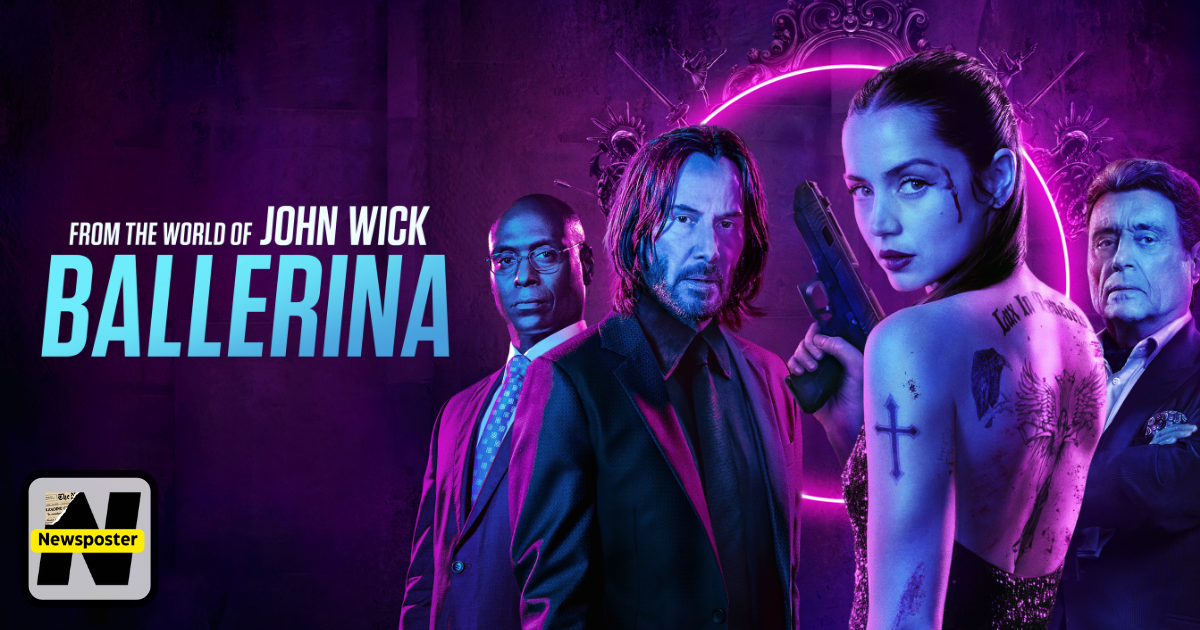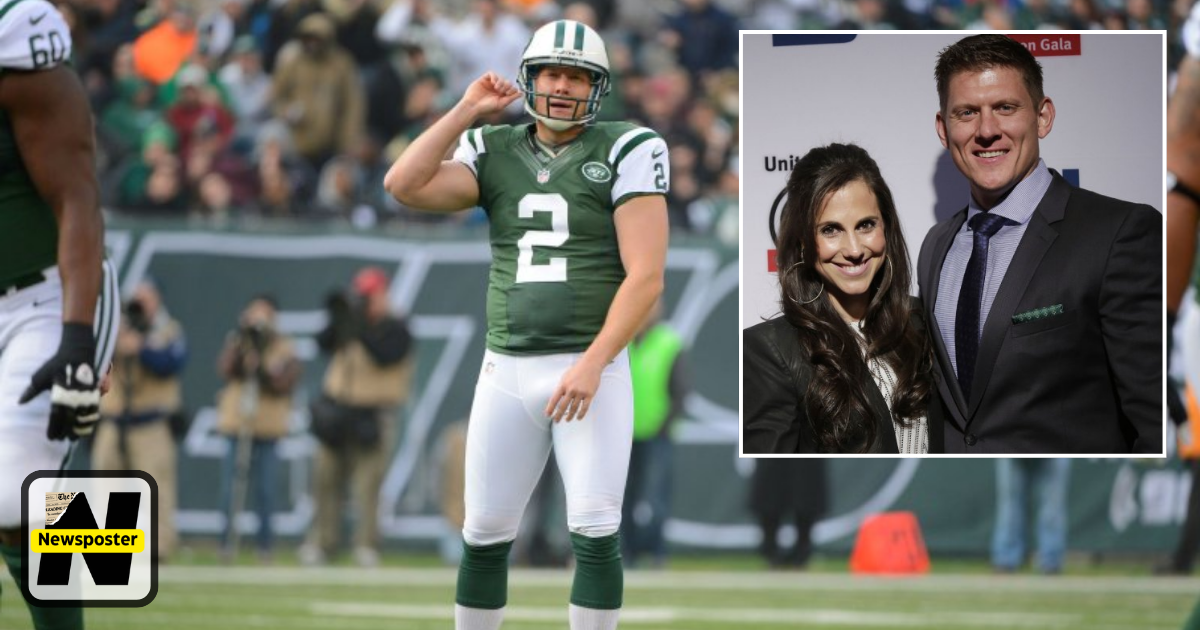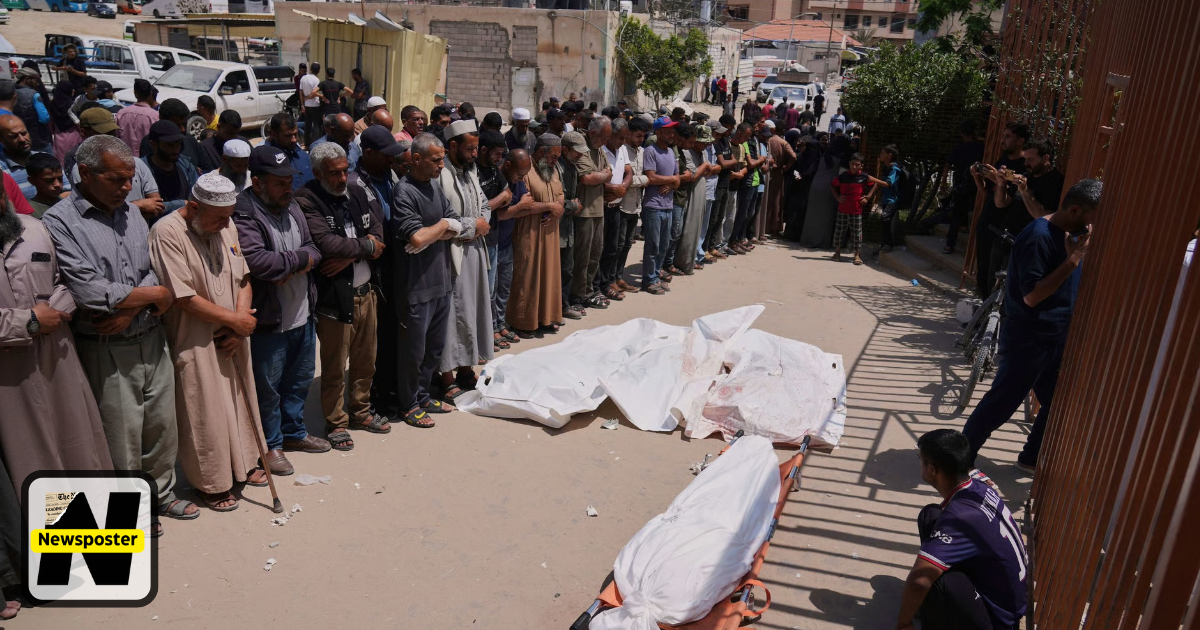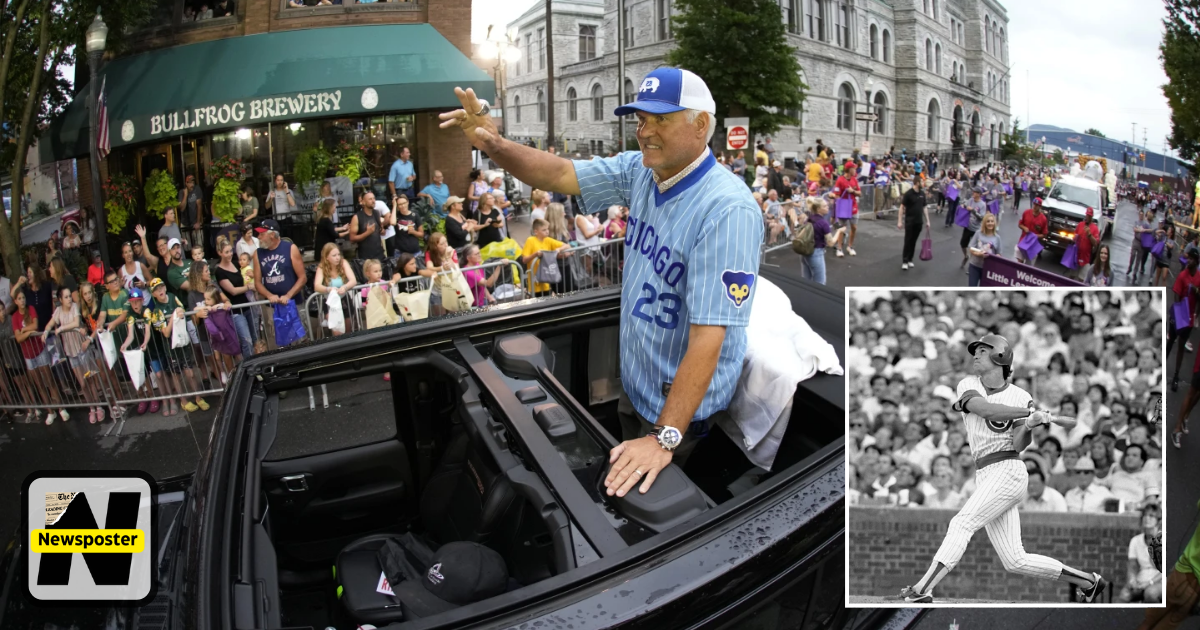Ryne Sandberg, the Hall of Fame second baseman who became one of baseball’s most complete players while starring for the Chicago Cubs, has died at age 65. Sandberg passed away Monday at his home, surrounded by family, according to the team.
Sandberg first revealed his battle with metastatic prostate cancer in January 2024. After undergoing chemotherapy and radiation, he announced in August 2024 that he was cancer-free. However, in December he shared on Instagram that the cancer had returned and spread to other organs. He continued to fight the illness while cherishing time with family and friends.
Cubs chairman Tom Ricketts described Sandberg as one of the franchise’s all-time greats, highlighting his dedication, integrity, and competitive spirit. Born and raised in Spokane, Washington, Sandberg was drafted by Philadelphia in 1978 and traded to Chicago in 1982, a move that proved one of the most one-sided trades in baseball history. Over 15 seasons with the Cubs, he hit .285 with 282 home runs, 1,061 RBIs, and 344 stolen bases, earning 10 All-Star selections, nine Gold Gloves, and a 1990 Home Run Derby win.
MLB Commissioner Rob Manfred praised Sandberg as a five-tool player who excelled across the board. Despite his excellence, the Cubs only made two postseason appearances during his career. His standout 1984 season earned him the National League MVP award, with strong offensive numbers and a memorable playoff performance, including the iconic “Sandberg Game” against St. Louis. The Cubs commemorated that moment with a statue outside Wrigley Field in 2024.
Sandberg’s leadership was praised by teammates and managers alike. He continued his baseball career in coaching and managing, including a stint as interim manager for the Philadelphia Phillies. Phillies CEO John Middleton remembered him as a man of class and dignity. Sandberg remained connected to the Cubs through spring training earlier this year, leaving a lasting impact on the team and fans.
His legacy as a player, mentor, and person is deeply felt throughout baseball and Chicago, where he is remembered as a true icon and a “superhero” of the city.












